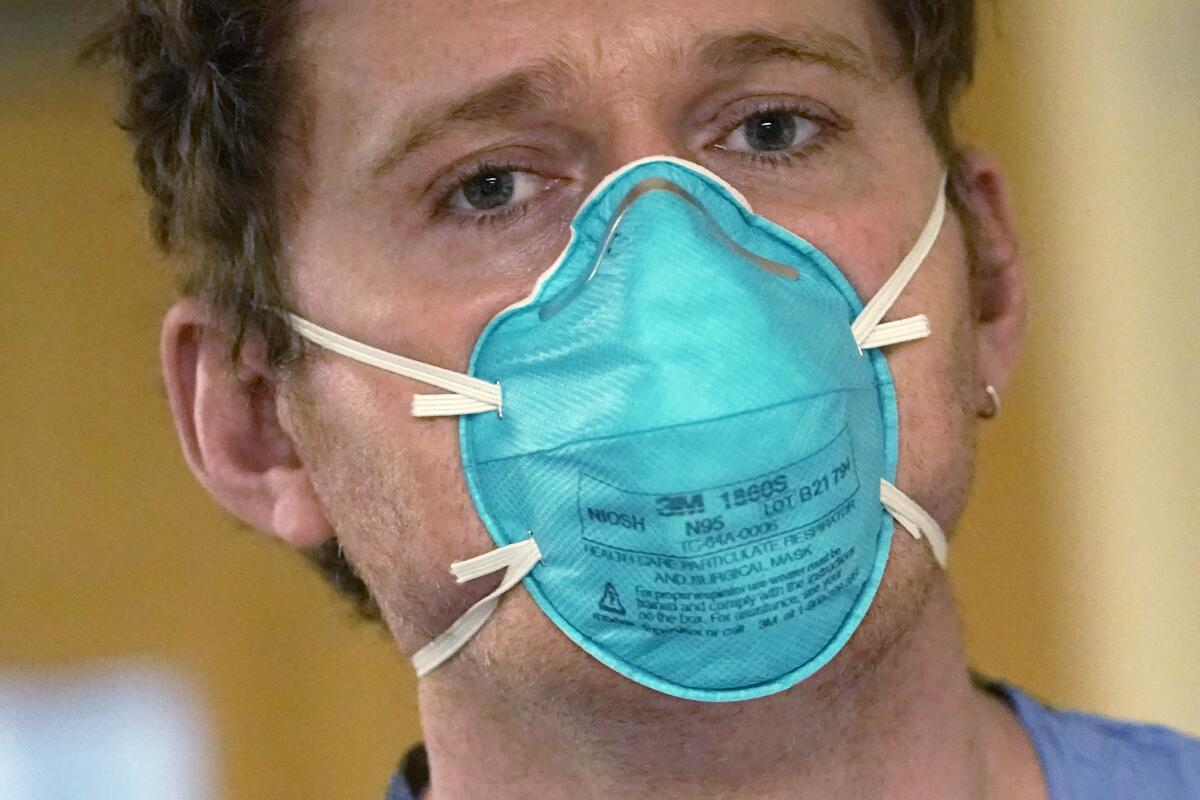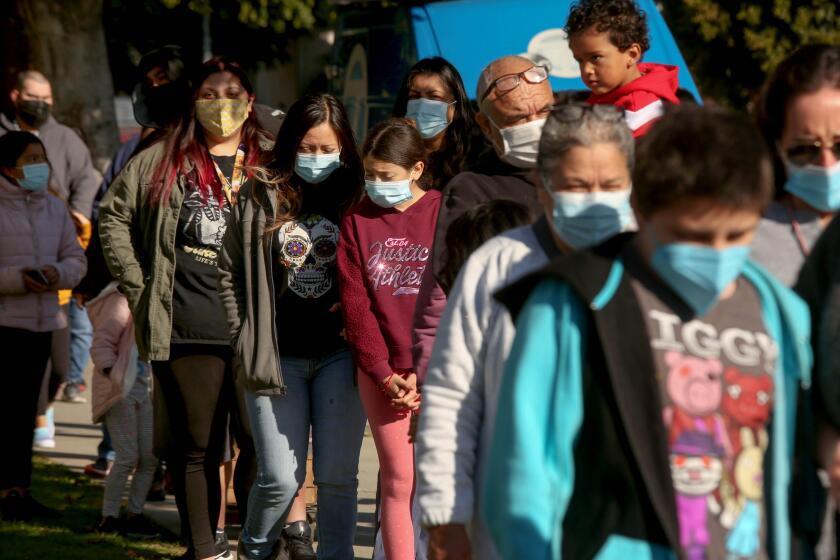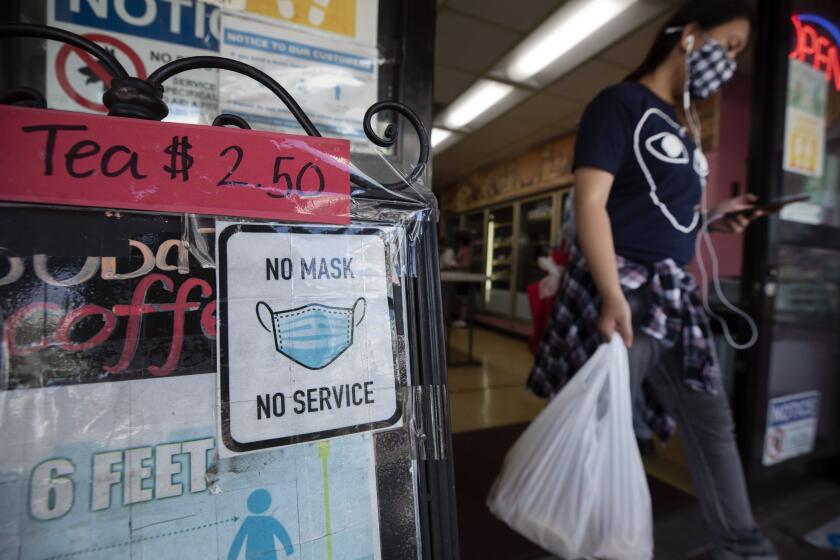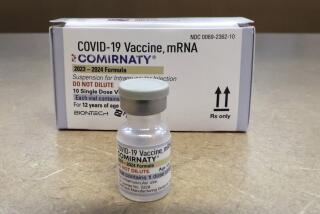CDC encourages more Americans to consider N95 masks

NEW YORK — U.S. health officials on Friday encouraged more Americans to wear the kind of N95 or KN95 masks used by healthcare workers to slow the spread of the coronavirus.
Those kinds of masks are considered better at filtering virus from the air. But they previously were in short supply, and Centers for Disease Control and Prevention officials had said they should be prioritized for healthcare workers.
Health officials say it’s important to improve the fit of face masks and their filtration, going beyond old, loose, cloth face coverings.
In updated guidance posted late Friday afternoon, CDC officials removed concerns related to supply shortages and more clearly said that properly fitted N95 and KN95 masks provide the most protection.
However, agency officials noted some masks are harder to tolerate than others, and urged people to choose good-fitting masks that they will wear consistently.
The CDC has evolved its mask guidance throughout the pandemic.
In its last update, in September, CDC officials became more encouraging of disposable N95 masks, saying they could be used in certain situations if supplies were available. Examples included being near a lot of people for extended periods of time on a train, bus or airplane; taking care of someone in poor health; or being more susceptible to severe illness.
Rules and guidance about face masks have changed throughout the pandemic. Here’s how the CDC’s advice has evolved.
On Thursday, President Biden announced that his administration was planning to make “high-quality masks,” including N95s, available for free. He said more details were coming next week. The federal government has a stockpile of more than 750 million N95 masks, the White House said.
The latest CDC guidance notes that there is a special category of “surgical N95” masks, that are specially designed for protection against blood splashes and other operating room hazards. Those are not generally available for sale to the public, and should continue to be reserved for healthcare workers, the agency said.
More to Read
Sign up for Essential California
The most important California stories and recommendations in your inbox every morning.
You may occasionally receive promotional content from the Los Angeles Times.












